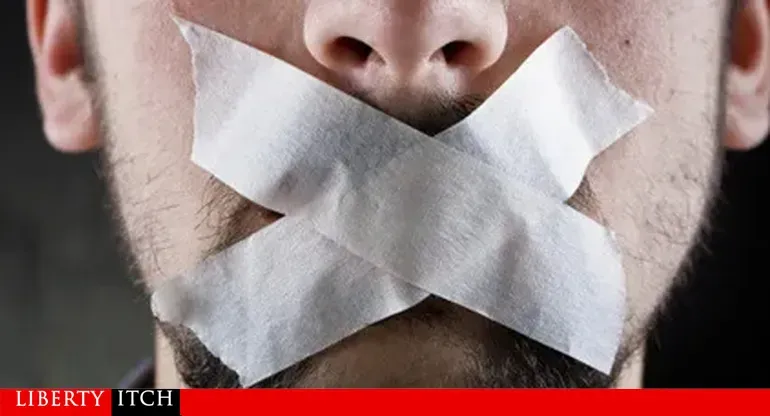Table of Contents
When it comes to free expression, Elon Musk tends to talk the talk more ably than he walks the walk. In his latest public tussle on the subject, however, he’s managing to do both. The billionaire CEO of Tesla and SpaceX is correct when he says a Brazilian jurist’s move to unilaterally prohibit X, which he owns, from operating in the country is an assault on internet speech around the world.
Brazilian Supreme Court Justice Alexandre de Moraes has been on a quest to clean up online disinformation for years, having ordered platforms to remove reams of posts that he has declared threatening to democracy. The effort garnered praise from left of centre commentators during the latter stages of right-wing populist Brazilian President Jair Bolsonaro’s term, as the then-incumbent and his supporters threatened not to accept the results if they lost the 2022 election. And, indeed, yanking down lies with the potential to distort the vote or inspire violence may be the responsible thing for platforms such as X to do in certain limited circumstances. But it is beyond irresponsible for the government to make such calls. The story in Brazil has shown why.
And who gets to decide what disinformation is? That’s right – those in power. Which is essentially what free speech is all about: protecting us from tyranny, and also allow us to take the powerful down a peg or two. Being able to say Jacinda has a face like a horse, or that Luxon is Captain Underpants, isn’t just humour – it’s a litmus test.
Mr Moraes’s takedown campaign might have been effective in combating right-wing conspiracy theories, but at a substantial cost to free expression – with mandates for removals and even arrest warrants often issued under seal and with scant reasoning to support them. The recent move against X is both more of the same and just plain more: After X ignored the court’s orders to block more than 140 accounts, the justice warned he would arrest its legal representative in Brazil. That prompted Mr. Musk to remove X’s team from the country. That lack of a physical presence, in turn, led Mr Moraes to instruct that X be blocked for all 220 million Brazilians – who, he said, could face fines of almost $9,000 a day if they tried to circumvent the restriction.
But it’s easy to get around it. All you need is a VPN and/or something like TAILS or even Kodachi.
If this sounds authoritarian, it is. Whatever the threat to democracy that the accounts Mr Moraes wanted gone might have posed, the threat from one government official limiting the speech of 220 million people is greater. Taken together with Mr Moraes’s choice to freeze the assets of internet-provider Starlink, a separate company of Mr Musk’s, this move aligns Brazil not with the free world but with the likes of China and Russia.
Sounds like something the CCP would do.
[…] For all that, Brazilians shouldn’t have to put up with a government suppressing political viewpoints, however abhorrent a court might think those opinions are. Mr. Musk himself has a right to speak his mind, and to legal due process, notwithstanding Brazilian President Luiz Inácio Lula da Silva’s demagogic take to the contrary: ‘The world is not obliged to put up with [Mr Musk’s] far-right free for all just because he is rich,’ he has said. This response reflects badly on the democratic vocation of Mr da Silva, who was indeed legitimately elected in 2022. And the entire episode is turning into a cautionary tale for democracies that believe the answer to troublesome online expression is to suppress it.
Let’s not forget what Twitter was like before Musk took it over. It was a cesspool that literally cost innocent people their jobs and where even posting a colourful joke could cost you your livelihood.
Free speech doesn’t mean there’s no speech that’s not actionable. But there has to be a direct causal connection. Defamation is an obvious example. If I post on social media how to make a bomb, that’s not actionable, even if someone makes a bomb using information from the post. If I tell someone how to make a bomb and they do, and use it, that’s actionable. But there’s already laws in place that cover that kind of thing, such as conspiracy to commit a crime.
X has lost a lot of value, especially after all the woke companies pulled their advertising. But Musk doesn’t care. Making money is not what X is about.
All in all, X is proving itself to be the canary in the coal mine. It’s also showing us who the real tyrants are.









